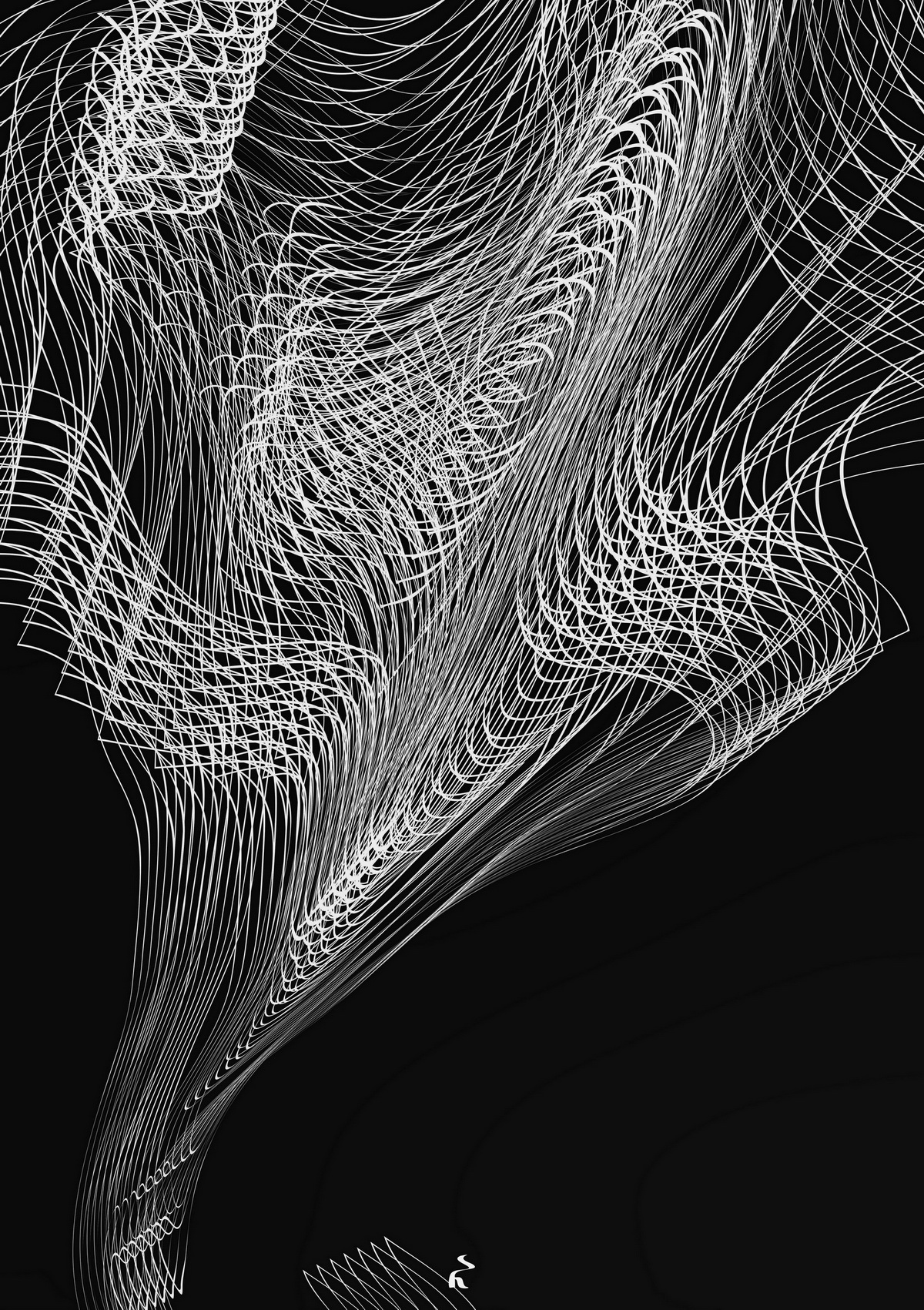Найближчі події
Переглянути усi подii
Украдене щастя
Ю. Мейтус
26
Травня
Украдене щастя
17:00
Головна сцена
Опера
Ю. Мейтус
Одна із найвідоміших українських опер – «Украдене щастя» Юлія Мейтуса, написана за драмою Івана Франка.

Запорожець за Дунаєм
С. Гулак-Артемовський
17
Травня
Запорожець за Дунаєм
18:00
Головна сцена
Опера
С. Гулак-Артемовський
Несподіване прочитання однієї з найвідоміших українських оперних історій!

Прем'єра "Тіні забутих предків"
І. Небесний
11
Травня
Прем'єра "Тіні забутих предків"
18:00
Головна сцена
Балет
І. Небесний
Історія про кохання земне та небесне за легендарною повістю Михайла Коцюбинського

Білосніжка та семеро гномів
Б. Павловський
26
Травня
Білосніжка та семеро гномів
12:00
Головна сцена
Балет
Б. Павловський
Балет польського композитора Богдана Павловського «Білосніжка та семеро гномів» – подарунок нашого театру найменшим глядачам.

Украдене щастя
Ю. Мейтус
08
Червня
Украдене щастя
17:00
Головна сцена
Опера
Ю. Мейтус
Одна із найвідоміших українських опер – «Украдене щастя» Юлія Мейтуса, написана за драмою Івана Франка.

Баядерка
Л. Мінкус
19
Травня
Баядерка
18:00
Головна сцена
Балет
Л. Мінкус
Романтична екзотична історія, у якій перетинаються містика та реальність, жертовне кохання та драма.

Для чотирьох. Lviv Clarinet Quartet
концерт
11
Травня
Для чотирьох. Lviv Clarinet Quartet
15:00
Дзеркальна зала
Музичний салон
концерт
Музика композиторів ХХ–ХХІ століть з України, Угорщини, Франції та Уельсу у виконанні особливого колективу.





